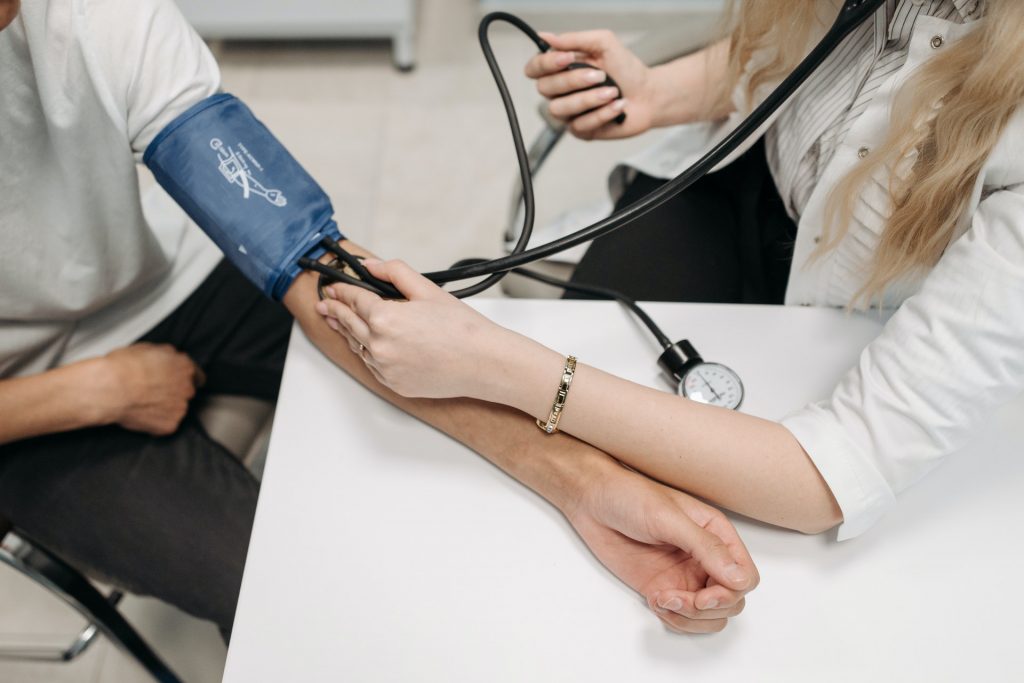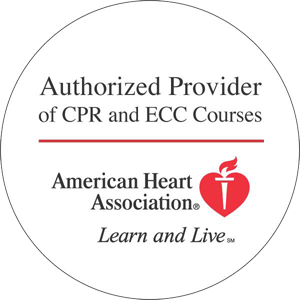The holiday season is special, memorable, and fun – but it can also be busy, demanding, and tense. The impact of stress on heart health has been well documented, so it’s important to do what you can to minimize holiday stress. Mindfulness can be a powerful tool to maintain perspective and stay calm through the chaos. We have a few tips, which we’ll share below.

What is Mindfulness?
Mindfulness is a practice of noticing when you get distracted – by to-dos, past or future events, news or other events – and bringing your attention to the present. It’s been shown to decrease stress and increase calm, and it can make your holidays more enjoyable.
Read More: The Link Between Heart Health and Mental Health
Use Mindfulness to Minimize Holiday Stress
Here are four tips from Johns Hopkins on staying mindful this holiday season
- Recognize What Really Matters: As you’re shopping, wrapping, baking or cooking, try to stay present and connected to the season. Waiting in line or stuck in traffic? Use those moments to take a deep breath and reflect.
- Let Good be Good Enough: We want everything to be perfect at the holidays, but that’s an unrealistic expectation. Acknowledge that imperfection is normal and inevitable.
- Respond to Stressors with Kindness: Understand that most people are stressed during the holidays, and extend kindness whenever possible.
One of the best ways to ensure that those you love stay healthy all season long is to learn CPR. HeartCert offers a wide variety of CPR and first aid training courses, both virtually and in person. Find a training center near you at https://heartcertcpr.com/locations/.
HeartCert CPR is your trusted training partner for CPR, ACLS, PALS, EMR, First Aid, CNA, IV and more, in Minnesota and throughout the United States.
HeartCert CPR courses include CPR/AED/First Aid and CPR/AED, Basic Life Support (BLS), Advanced Cardiac Life Support (ACLS), Pediatric Advanced Life Support (PALS), and Certified Nursing Assistant training. Courses and certifications from both the American Heart Association and American Red Cross are available.
We are now offering virtual CPR courses and certifications, as well as safe in-person courses at all locations and our headquarters, HeartCert CPR Eagan.








